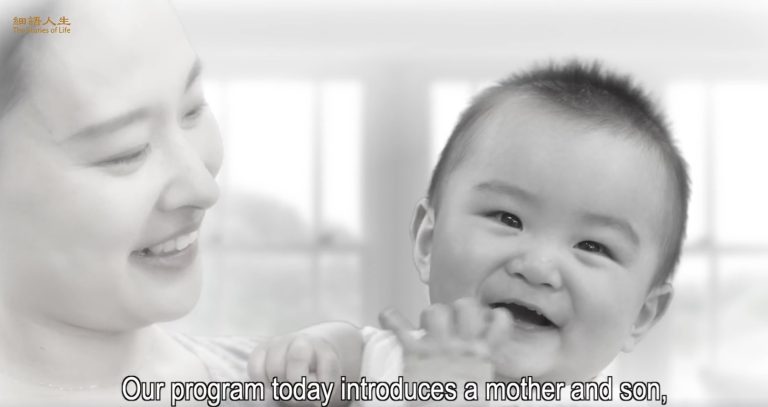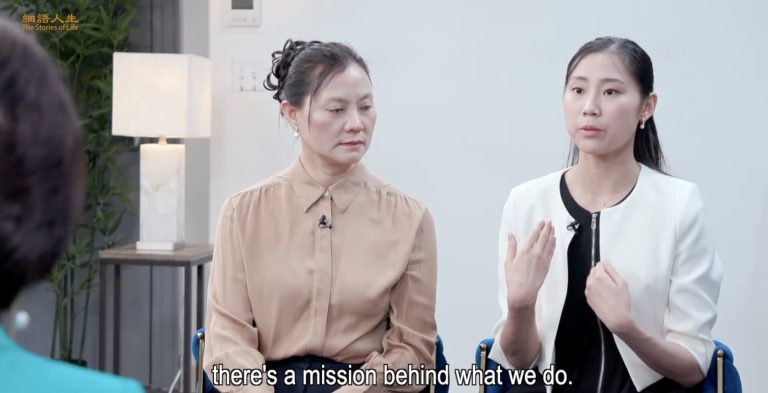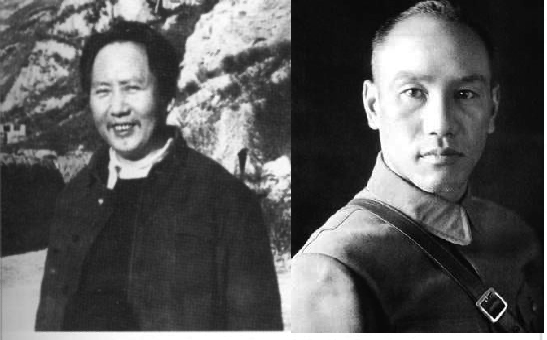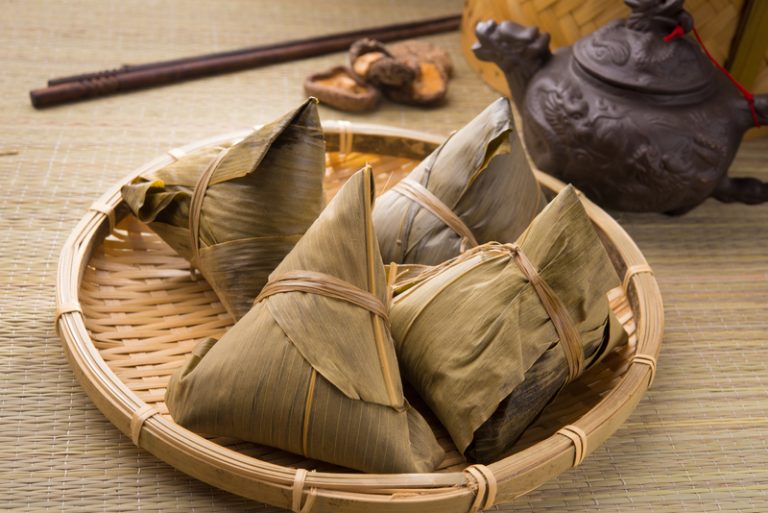The “Standards for Being a Good Student and Child” (Di Zi Gui, 弟子規) is a traditional Chinese textbook for children that teaches morals and proper etiquette. It was written by Li Yuxiu in the Qing Dynasty, during the reign of Emperor Kang Xi (1661-1722). In this series, we present some ancient Chinese stories that exemplify the valuable lessons from the Di Zi Gui. In this installment, we present some ancient Chinese stories that exemplify the valuable lessons taught in the third chapter of Di Zi Gui—”Discretion in Daily Life.”
Read the previous installment here.
It is said in the Di Zi Gui:
朝起早 夜眠遲
老易至 惜此時
Rise early in the morning
And sleep late at night
Age comes quickly
So treasure this hour
When we realize that time is passing us by and cannot be turned back, we should especially treasure the present moment. This wisdom is embodied by the youth of Che Yin (車胤), who served as a general and later as minister of personnel in the 4th century A.D.
Che Yin studies under the light of fireflies
Success
You are now signed up for our newsletter
Success
Check your email to complete sign up
Articulate and of excellent character, Che Yin was one of the most prominent officials in the Eastern Jin Dynasty (317–420). His intelligence came with great wit, making him a welcome presence at any gathering. Che was also a noted scholar, respected by his peers in the academy.
But his knowledge and demeanor weren’t acquired overnight. As a young boy, he studied with complete dedication from day to night, no matter the obstacle.
Che Yin was born in Nanping, today’s Fujian Province, to a family of noble background. His grandfather had been the Prefect of Kuaiji, and his father served as secretary to one of the princesses.
When Che turned five, his father began teaching him to read and write. From then on, he would be so absorbed in his studies that he would forget to eat or sleep, and not a day passed where he was not buried in a book. He would even stay up till midnight to study.
Sadly, Che’s father was let go from his secretarial work, leaving the family in poverty. As the Ches were unable to afford oil for lighting, Che Yin found it difficult to make use of the evening to study.
But Che was not disheartened. He would use what daytime he had to read his books, memorizing their contents so could repeat them to himself at night.
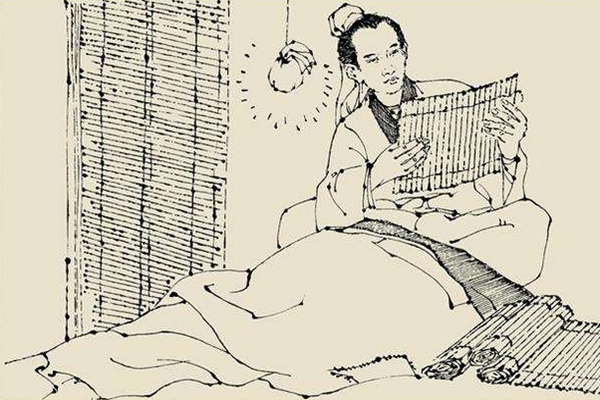
One night, Che Yin noticed many fireflies around him. As they twinkled and glowed in the darkness, he struck upon an idea. He constructed a net from a piece of old cloth and a bamboo pole, and began catching the insects. But there were only a few fireflies in the backyard, which was hardly enough to create enough light. He caught a few more in the front yard, but the light was still too dim.
Although it was already pitch black outside, Che left home and walked to a grass pasture outside his village. The field was dotted with fireflies, and Che had no difficulty catching many of them in a short time. When he got home, he placed all his fireflies into a bag of silk netting, and hung it from the ceiling. The light from the fireflies penetrated the holes in the bag, illuminating the entire room even more brightly than the oil lamp he had used in better days. Che happily continued with his studying.
Using this method, Che studied well into the night every day, and eventually rose to his high post. His experience gave rise to the Chinese idiom “reading from the light of fireflies” (囊螢夜讀), a common way of describing someone who puts extraditionary efforts into learning and is undeterred by hardship.
Cleanliness over luxury
When referring to how one should behave in everyday life, the Students’ Rules emphasizes that tidiness and simplicity in one’s dressing is far more important than how “branded” one’s clothes look.
It is stated in the Di Zi Gui:
衣貴潔 不貴華
上循分 下稱家
Clothes are valued for neatness
Not for extravagance
First follow your station
Second suit your family’s finances
The ancients always regarded frugality as one of the most noble virtues in daily life. Tidiness was meanwhile considered a reflection of one’s character, and a mark of respect for others.
Prime Minister Ji Wenzi (季文子), a famous nobleman in the Spring and Autumn Period, practiced this wisdom dutifully during his 30 years serving his country of Lu State.
Ji Wenzi considered thrift to be the fundamental guiding rule for his conduct, and required his family to be as frugal as him. He dressed very simply but neatly, and besides the formal robes he wore in court, he did not have any other fancy clothes. Whenever he traveled for work, he would use a very plain-looking horse carriage.
One of Ji’s ministers, Zhongsun Ta, expressed concern at his lack of fashion, saying that as Lu State’s highest-ranking official, Ji Wenzu would invite ridicule and disrespect from foreigners.
“This would also be detrimental to our country’s image, and people will gossip about how the Prime Minister of Lu State lives in such a manner,” Zhongsun said.
Ji responded in a serious tone: “I, too, want my home to be decorated luxuriously and elegantly. But look at the people in our country. Many of them are still eating food that is too coarse to swallow, and are wearing clothes that are torn and shabby. There are also others who are cold and starving.
“When I think about these people, how can I still bear to indulge in material wealth?” he continued. “A country’s strength and glory is defined by the moral character of its civilians and officials, and not by how glamorous their wives look or how fine their horses are. How can I accept your suggestion?”
After hearing Ji’s words, Zhongsun was ashamed of his previous comments and had even more respect for the prime minister. From then on, Zhongsun also followed Ji’s example in leading a simple life. He asked his family to wear clothes of ordinary cloth, and fed his horses with rough chaff and weeds.
When Ji Wenzi learned of Zhongsun’s change, he praised Zhongsun for being a moral person who could amend his mistakes immediately.
Zi Lu reattaches his hat tassel before facing death
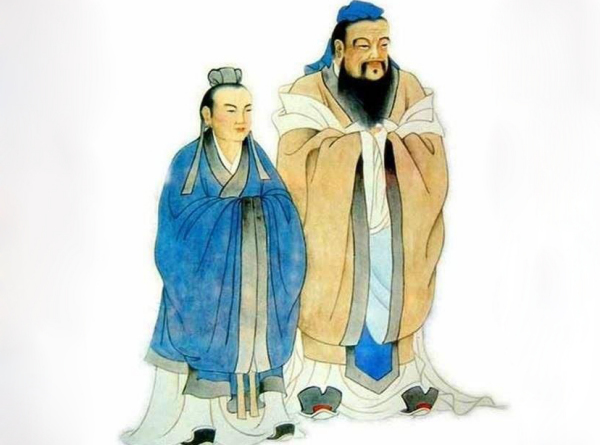
Zi Lu (子路) was a student of Confucius and an official of the State of Wei. Despite his hot temper, he was a very upright person and was very careful about his appearance.
One year, internal chaos erupted in Wei State as rebels gained power and began conducting raids against those in the state administration. Upon hearing the news, many officials packed up and fled overnight.
Despite being out of the country during the rebellion, Zi Lu chose to rush back to aid his country.
His peers tried to dissuade him from going back, saying that the situation was very dangerous and he would likely be killed if he did.
But Zi Lu replied, “I receive a salary for serving my country. I cannot bring myself to run away at such a time.”
He did battle with the rebels to the best of his ability, but was far outnumbered. Zi Lu was eventually injured by the rebels and his hat tassel was cut off. Knowing that death was imminent, Zi Lu roared loudly, “Stop!” Stunned by the loudness of his shout, his attackers stopped.
Zi Lu then said, “If I am going to die, I should at least die in a dignified manner!” Calmly, he retied his hat tassel to his hat, and faced his death heroically and with honor.
The story of Zi Lu’s inspiring courage in the face of death has been passed down to this day in Chinese history.




